Pacific Series
The Pacific Islands region is home to an astonishing variety of languages, cultures and histories. The Pacific series constitutes a major source of modern scholarship on this region through books that range from history and anthropology to political science, gender studies and environmental studies. The islands of Melanesia are a particular focus, but the Pacific series also publishes ground-breaking research on Polynesia and Micronesia.
Please note: The following list of titles is sorted by publication date, with the most recent first.
Displaying results 26 to 40 of 40.
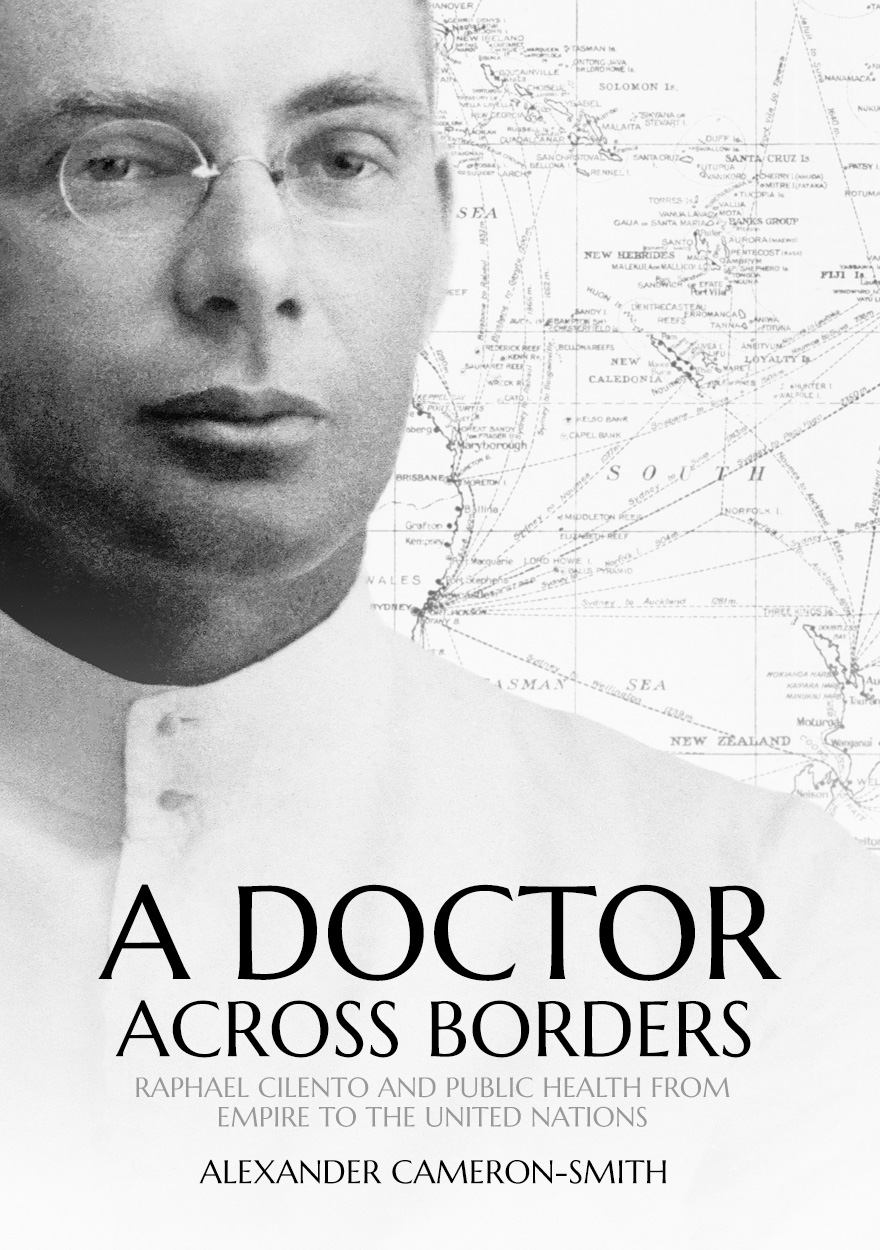
A Doctor Across Borders »
Raphael Cilento and public health from empire to the United Nations

The Promise of Prosperity »
Visions of the Future in Timor-Leste
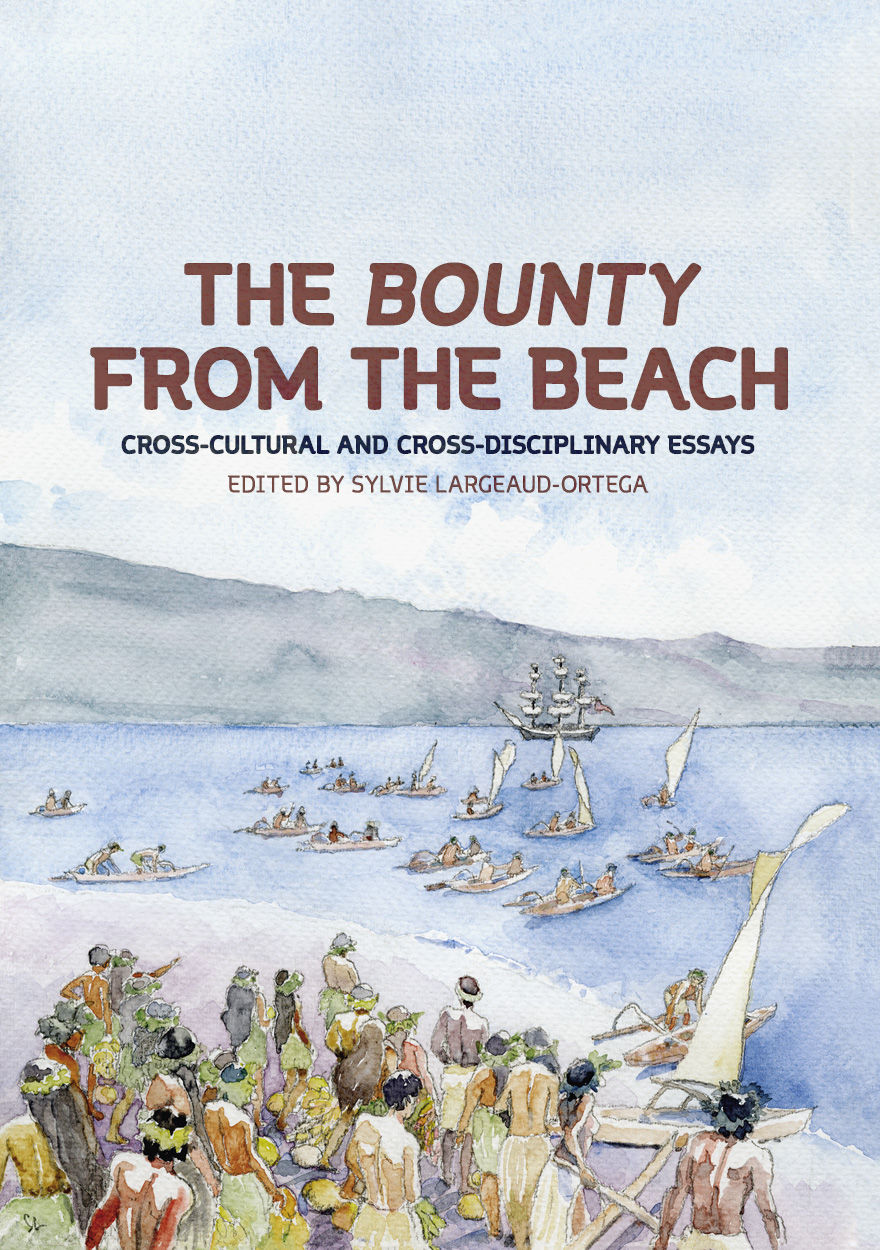
The Bounty from the Beach »
Cross-Cultural and Cross-Disciplinary Essays

Transforming Hawai‘i »
Balancing Coercion and Consent in Eighteenth-Century Kānaka Maoli Statecraft
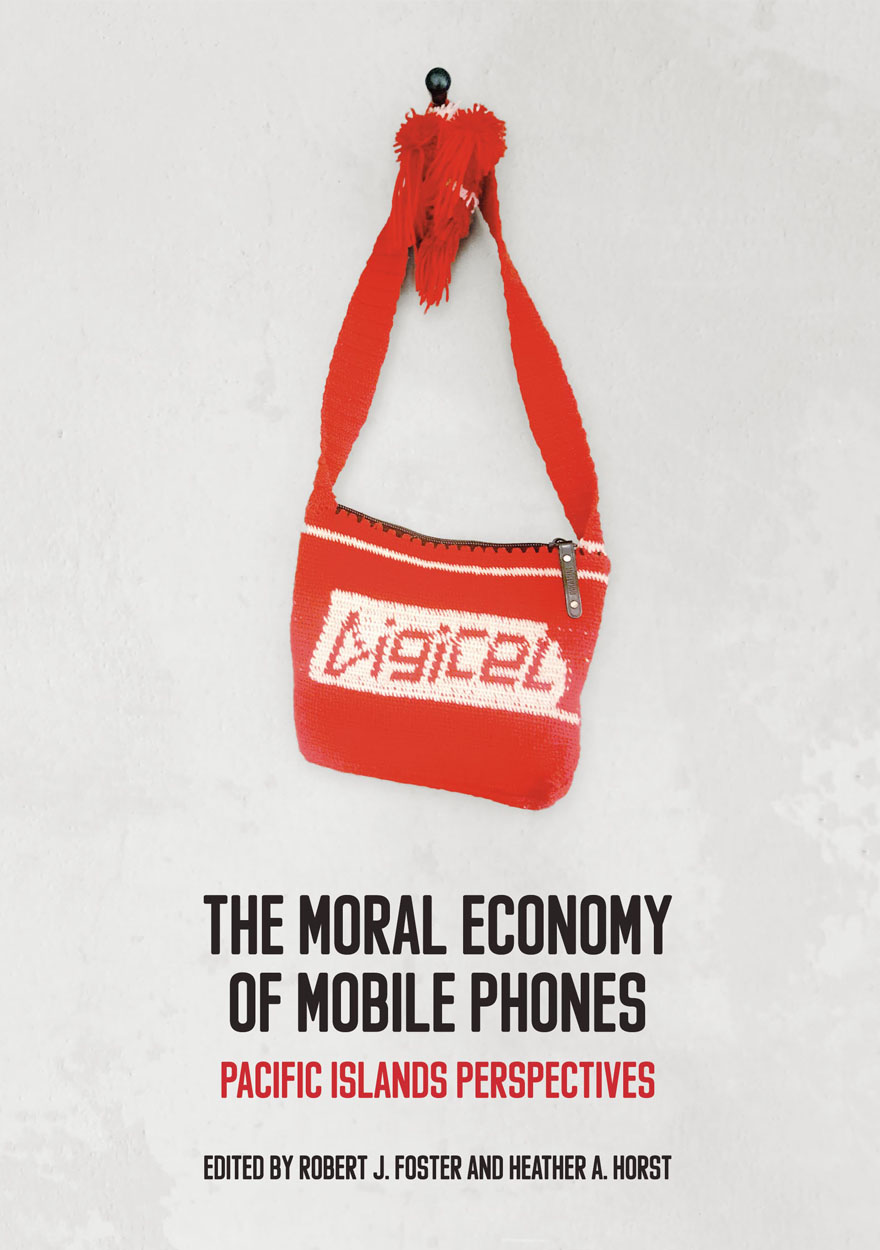
The Moral Economy of Mobile Phones »
Pacific Islands Perspectives

Mobilities of Return »
Pacific Perspectives
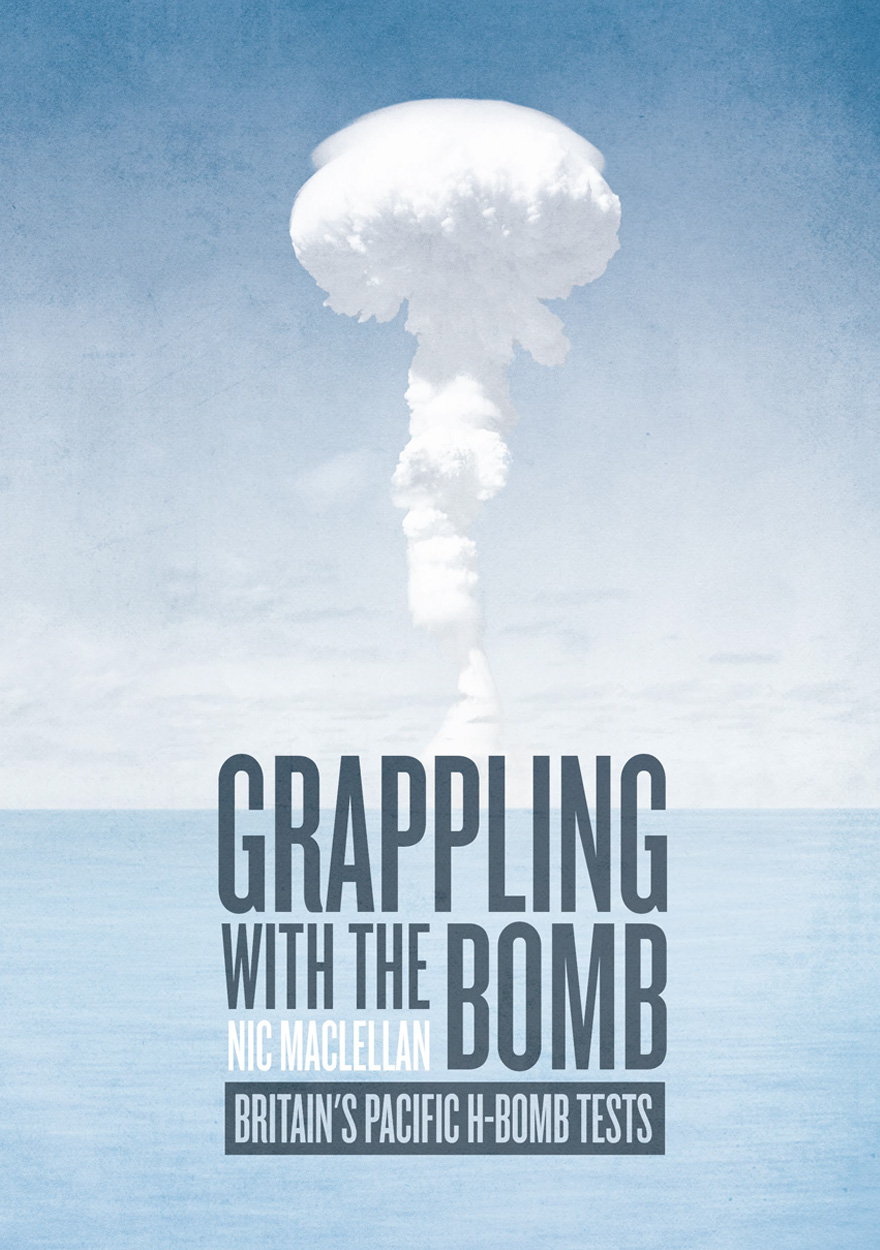
Grappling with the Bomb »
Britain’s Pacific H-bomb tests
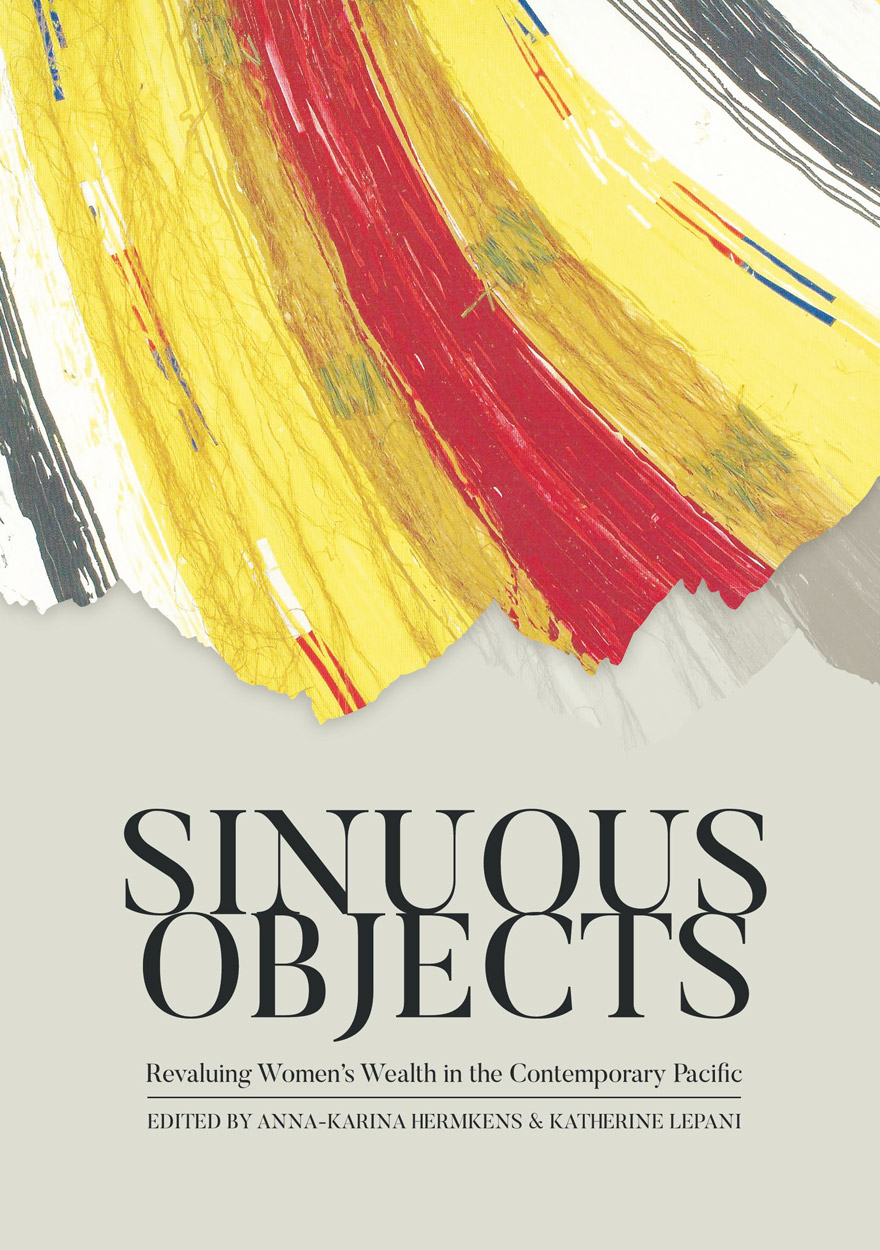
Sinuous Objects »
Revaluing Women’s Wealth in the Contemporary Pacific

Making Mala »
Malaita in Solomon Islands, 1870s–1930s
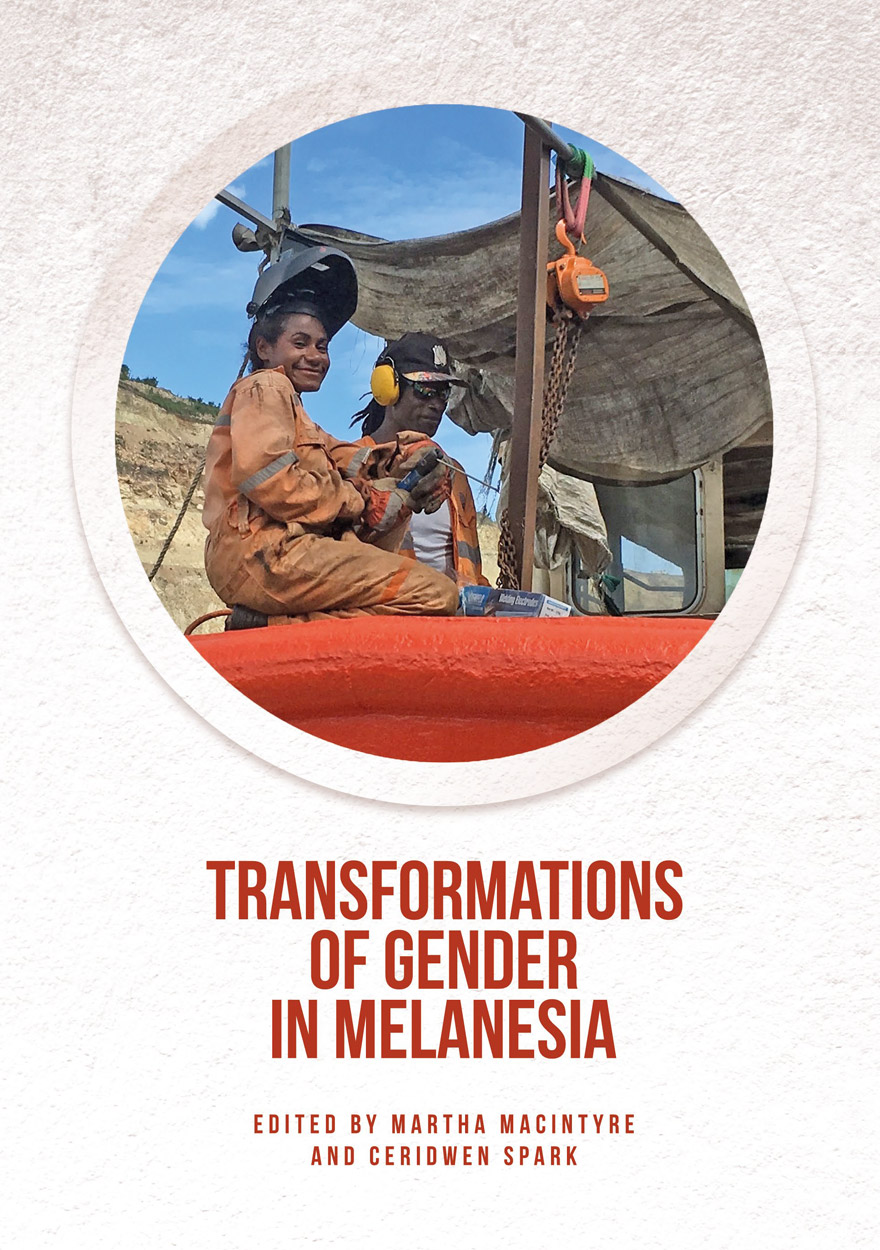
Transformations of Gender in Melanesia »

The Rahui »
Legal pluralism in Polynesian traditional management of resources and territories

The people have spoken »
The 2014 elections in Fiji

The New Pacific Diplomacy »

Talking it Through »
Responses to Sorcery and Witchcraft Beliefs and Practices in Melanesia




